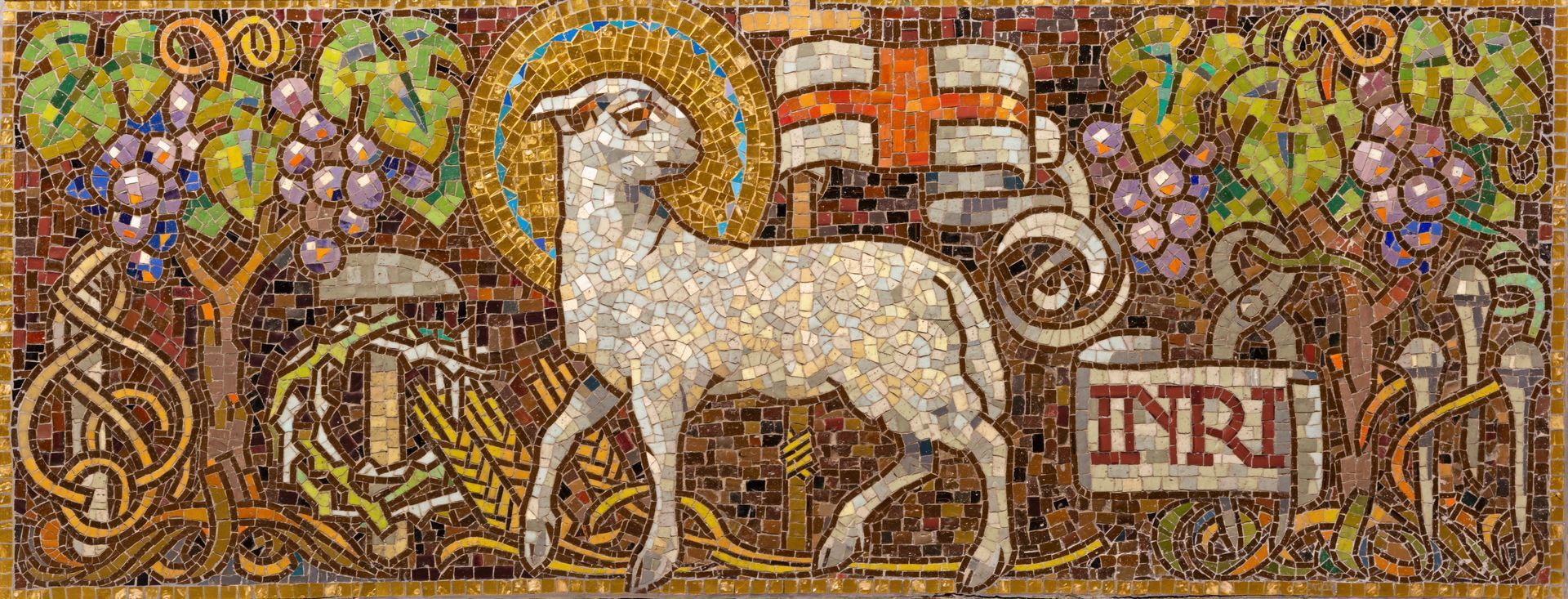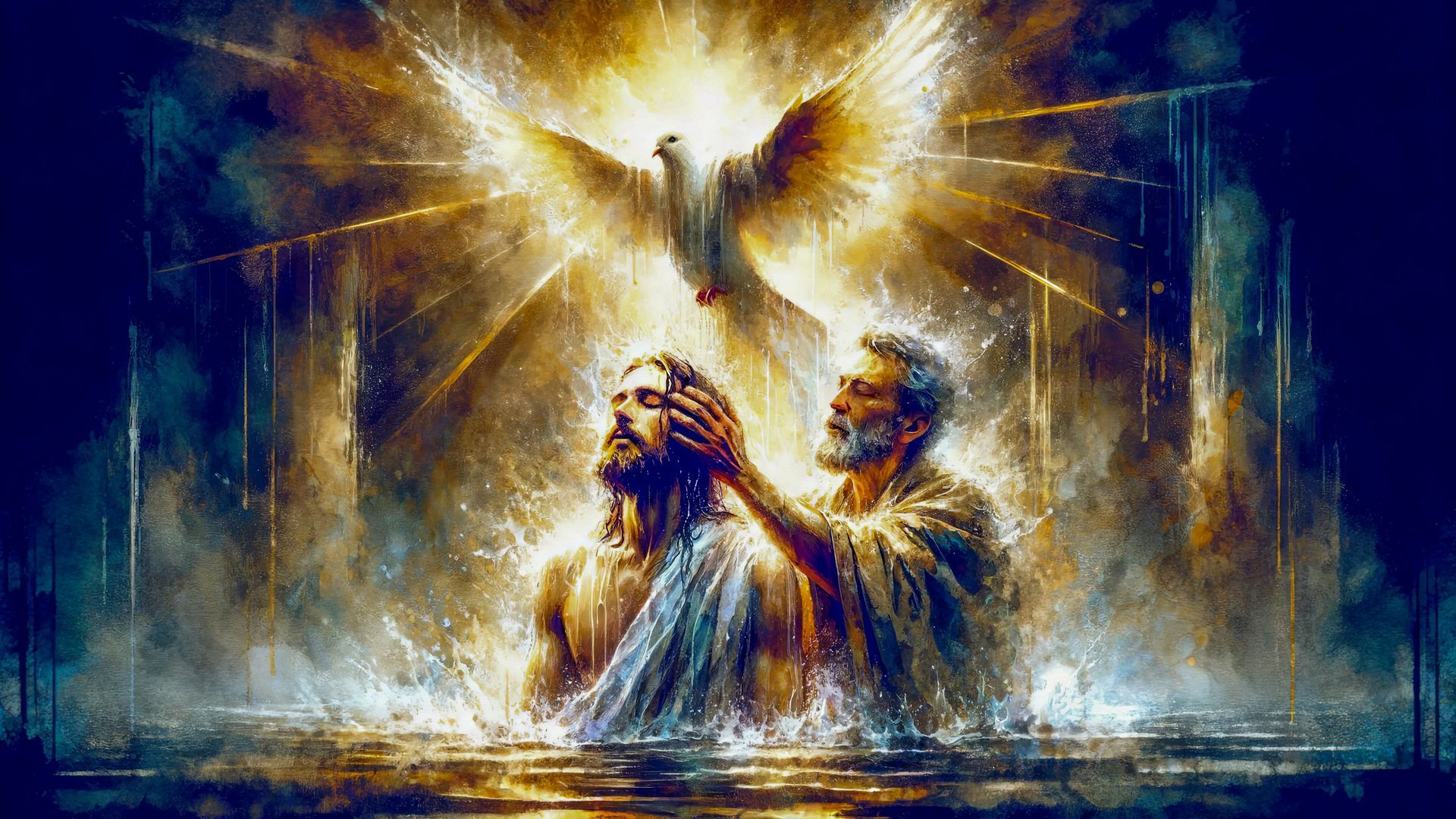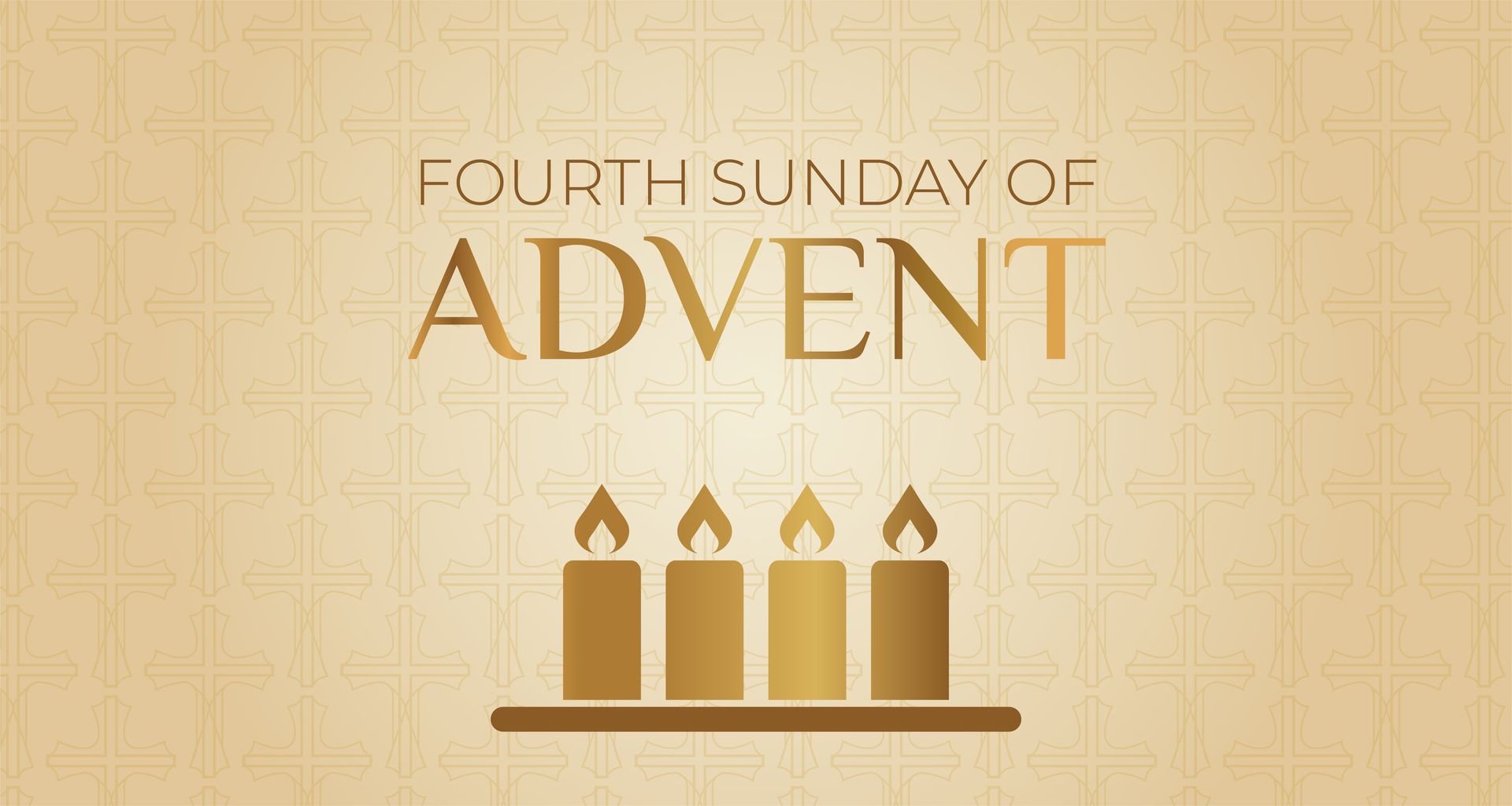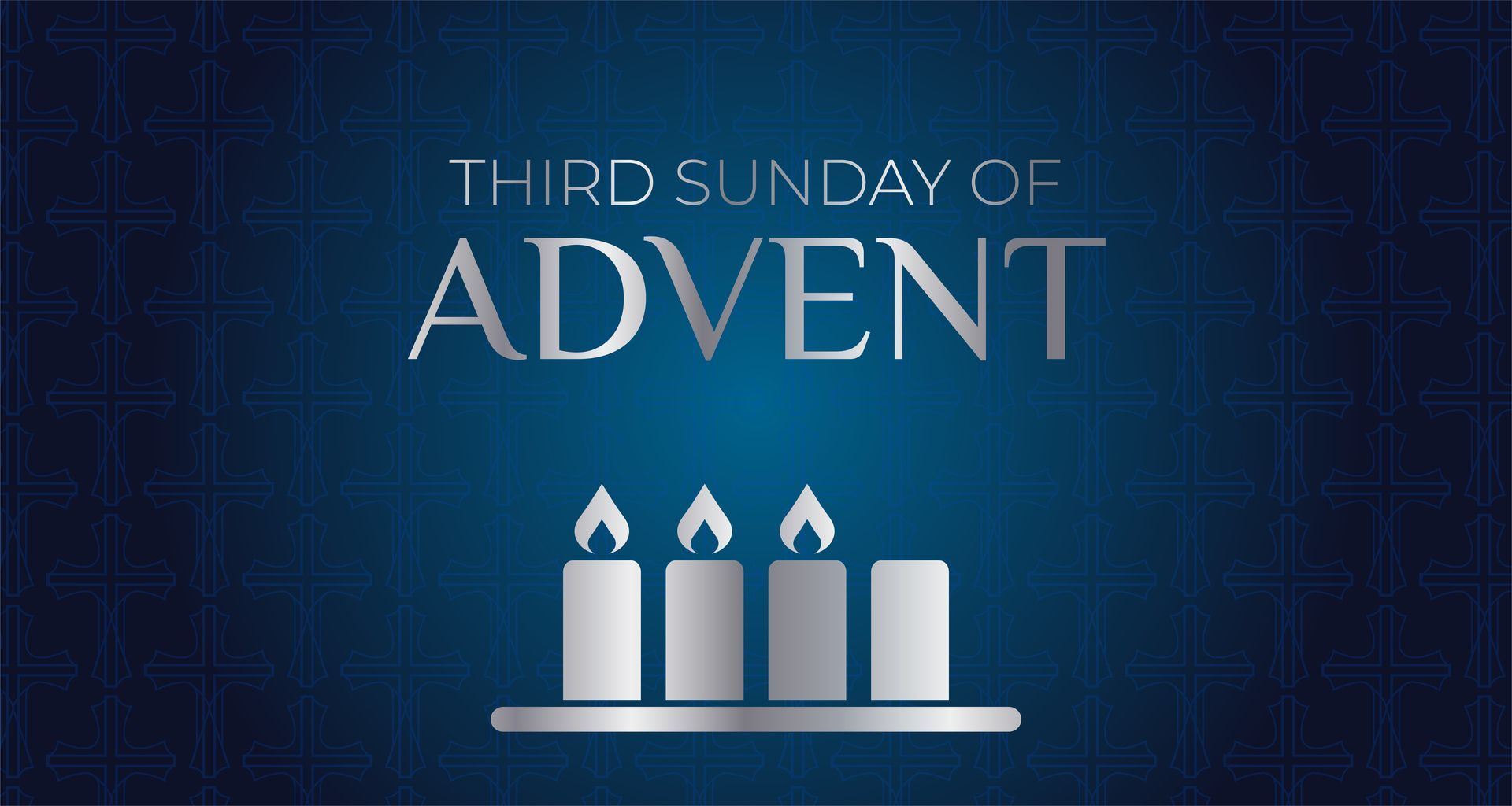Exiit qui seminat
Confirmation
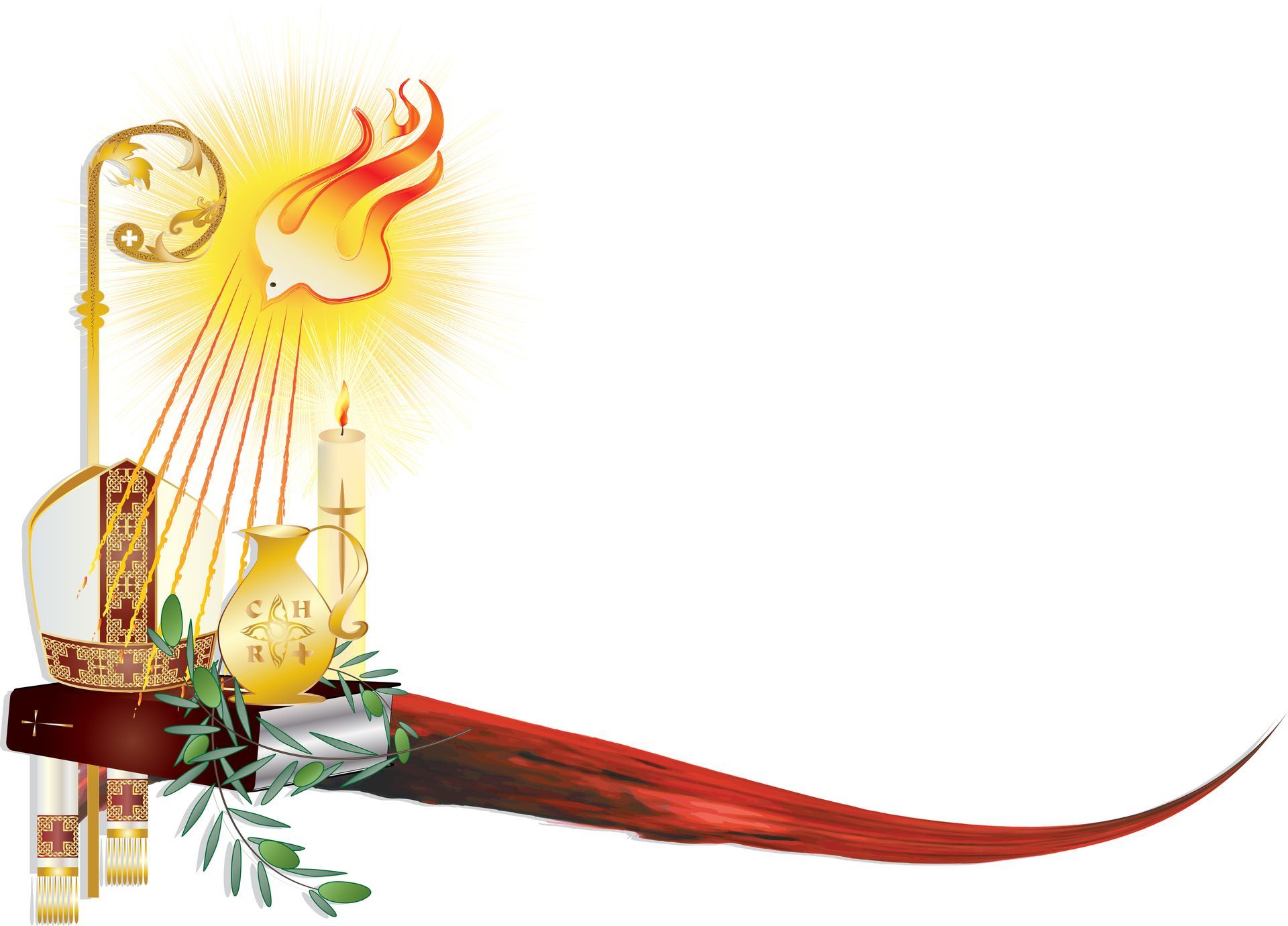
This week we'll be discussing the Sacrament of Confirmation, the 2nd of the Sacraments of Initiation. Confirmation is a character sacrament, just like Baptism, and its role is to strengthen and confirm the gift of faith through the gifts of the Holy Spirit (wisdom, understanding, courage, fortitude, knowledge, piety and fear of the Lord), the unique sacramental character that Confirmation bestows. For a candidate to receive Confirmation, he or she must profess the faith, be in a state of grace, have the intention of receiving the sacrament and be prepared to assume the role of disciple and witness to Christ within the Church and in their lives. Baptism and Confirmation are closely linked as Sacraments and were originally meant to be celebrated together as is done on the Easter Vigil. However, due to the difference in development and theological focus of both the East (the 23 individual Catholic rites stemming from the liturgical tradition out of Constantinople) and the West (or the Roman Catholic Church), Confirmation is celebrated differently. In Eastern Catholic Churches, Baptism, Confirmation and Holy Communion are celebrated all at once, focusing on the sacramental unity of initiation. In the Roman Catholic Church, the theological focus is placed on the bishop as the minister of Confirmation. By waiting for the bishop to come to a local parish to celebrate the Sacrament, the Church shows the unity of the people with their bishop in a particular way. It becomes logistically impossible for the bishop to celebrate the individual Baptisms (and thereby Confirmation) of every child, so Confirmation in the West is, "technically", celebrated out of sequence. In addition, at one time, the Church delayed both Confirmation and First Holy Communion until later in a child's life. Pope St. Pius X issued a decree in 1910 emphasizing the importance of having children receive the Blessed Sacrament as soon as they reach the age of reason, and to not delay the Eucharist any longer beyond that age. While the decree moved the age of Communion to where it is now, Confirmation remained a celebration that occurred later in adolescence. Because of the shift in First Holy Communion, Confirmation became the last of the "first sacraments" in the Latin Church, bestowing the fullness of spiritual maturity to the person receiving it, since initiation in the Church is now complete. Once receiving the gifts of the Holy Spirit, the newly confirmed are strengthened to give witness to the world. By using their gifts properly, they are able to participate and share in the fruits of the Holy Spirit (charity, joy, peace, patience, kindness, goodness, generosity, faithfulness, gentleness, modesty, self-control and chastity). Remember for Sacraments to be efficacious, they have to have tangible effects! Let us pray that the Holy Spirit may continue to strengthen His gifts in our hearts so that we may be witness and fruit of what we have received!
Sincerely in Christ,
Fr. Rob Sinatra







